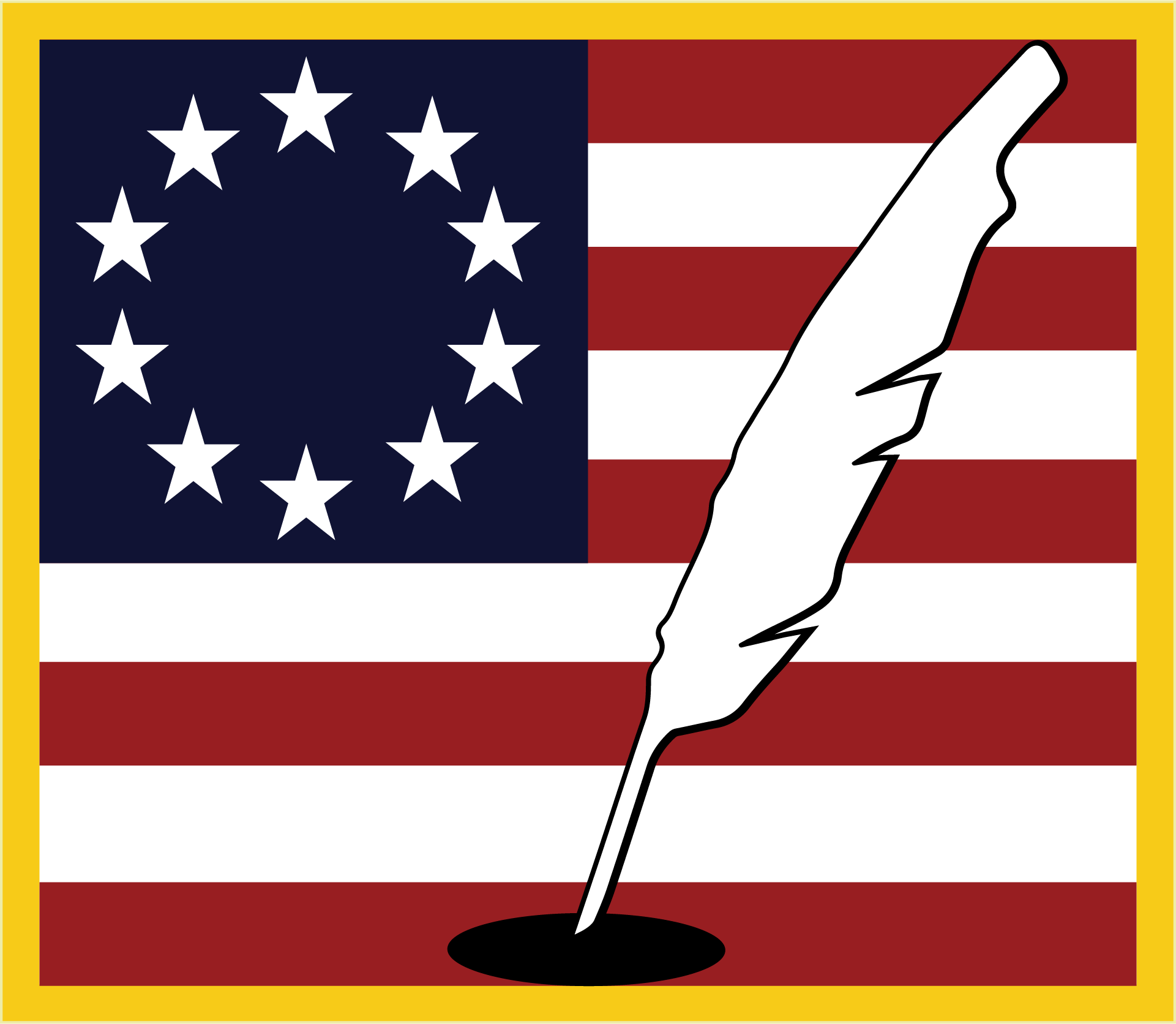If you have recently practiced dialing in your wedges at the Bon Secours Mentor Short Course at Independence Golf Club in Midlothian, VA, you may have noticed that the putting greens look a bit different than usual. That’s because Virginia Tech’s David McCall and the rest of the Turf Team have set out to gather some serious data using our beloved 9-hole Bon Secours Mentor Short Course. The Turf Team is a part of the newly established School of Plant and Environmental Science within the College of Agriculture and Life Science at Virginia Tech. Dr. McCall and his team have worked extensively on golf course research in the past, including projects using drones to map disease outbreaks and drought stress, studying the impact of turf fans on putting green quality, and reducing pesticide needs with alternative strategies
The premise is relatively simple. Including the practice green, there are ten greens on the short course, which the Hokie Turf Team is going to cover in ten different warm-season kinds of grass developed from all around the country. McCall says, “The main goal during this first phase is to gather data about the successes and challenges associated with the establishment of each grass. Once established, we will begin to explore best management practices to improve putting green quality and performance, while ultimately saving money and improving the environmental profile.”
Superintendent Dan Taylor and his golf course maintenance staff have worked closely with the VT Turf Team throughout the process. The large putting green has been sprigged to ‘Champion’ bermudagrass, the same grass on our championship course. Hole #3 has been sodded with ‘L1F’ and ‘M-85’ zoysiagrasses, respectively, both from Bladerunner Farms. Hole, #4 was sprigged with ‘TifEagle’ bermudagrass from the University of Georgia, and #5 was sprigged with ‘G-12’ bermudagrass from Champion Turf Farms. Hole #6 was sprigged with Mach 1 bermudagrass.
After days, months and then years, the team will be able to record millions of data points that will tell us how the grass and surrounding areas perform under the stress of regular play under a variety of management tactics. Not only will the public have access to the data, but golfers at Independence will also have a large sample of grasses that they can test for themselves.
David McCall says, “Independence will be the northernmost course in the country to test these hybrid bermudagrasses. This was a perfect partnership because Independence was already leading the movement of transitioning to warm-season, putting greens in Virginia and similar climates across the country.”
When asking Dr. McCall about his hopes for the future of this project, he responded enthusiastically by claiming, “We hope that at three years we will just be getting started with this relationship as we continue to improve best management practices.”
The undertaking of this project will mean some greens will be under construction for the next few months and unusable for play. However, Independence is committed to maintaining a premium experience for golf and footgolf players. To start, Independence is offering twelve holes for the price of a regular, nine-hole round. With a cart, the four-hole loop will provide a fun, efficient, and consistent challenge for players. Additionally, players and the maintenance team at Independence will have access to some of the most promising new grasses in the industry. The grasses are grown with specific characteristics aimed to improve on existing industry standards. Developed in southern climates, some will thrive while others may struggle at times.
This new venture has only been possible because of the support of many within the turf industry, including support and donations of many. McCall made a specific point to thank the Virginia Turf Foundation for their unwavering support in this progressive initiative.
